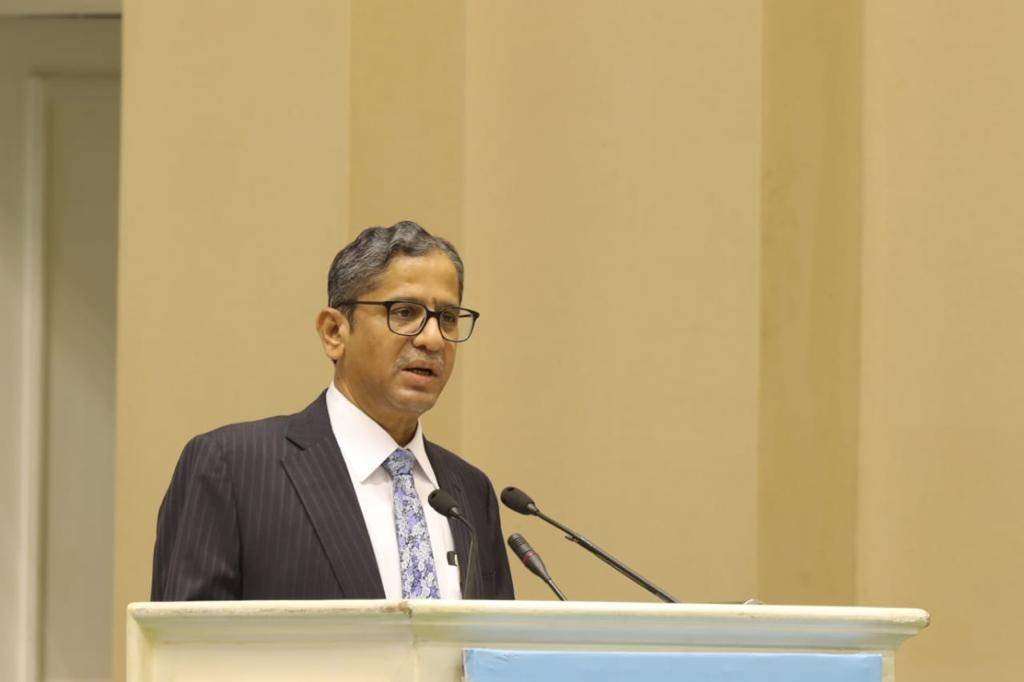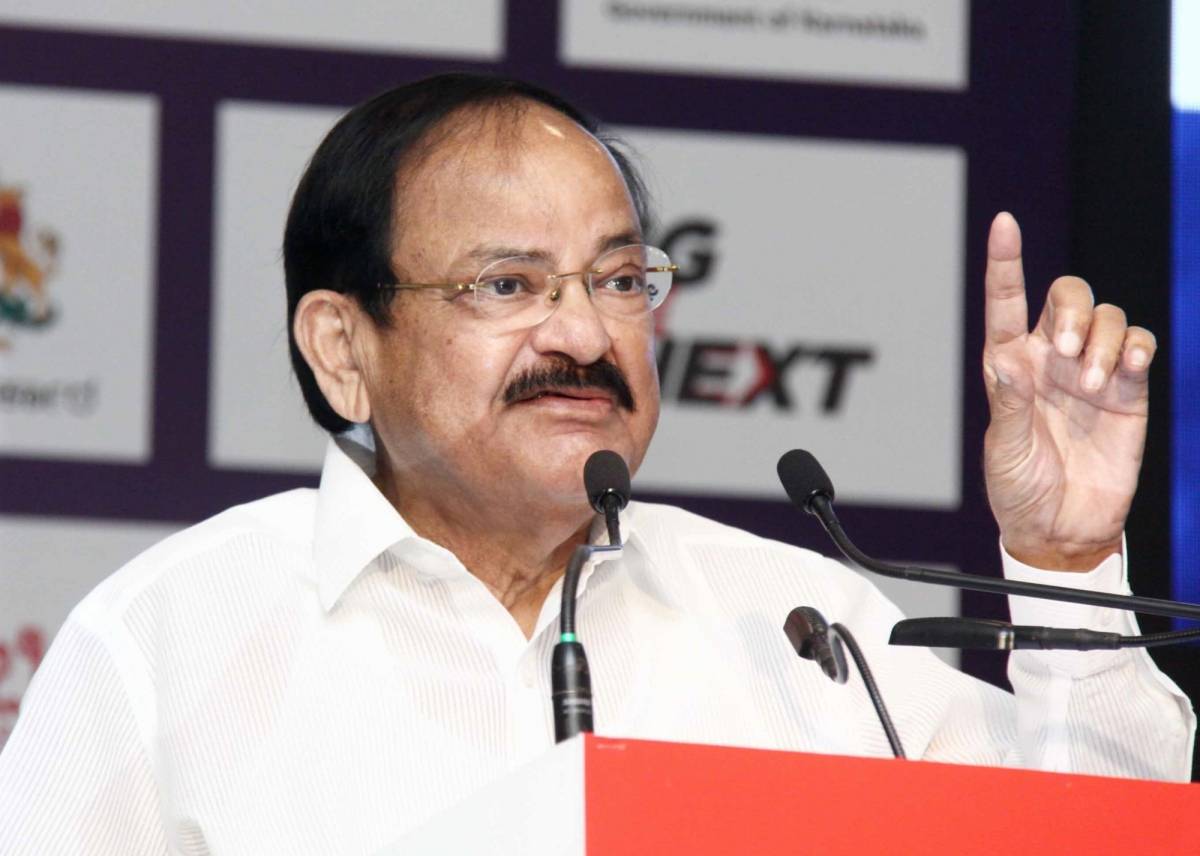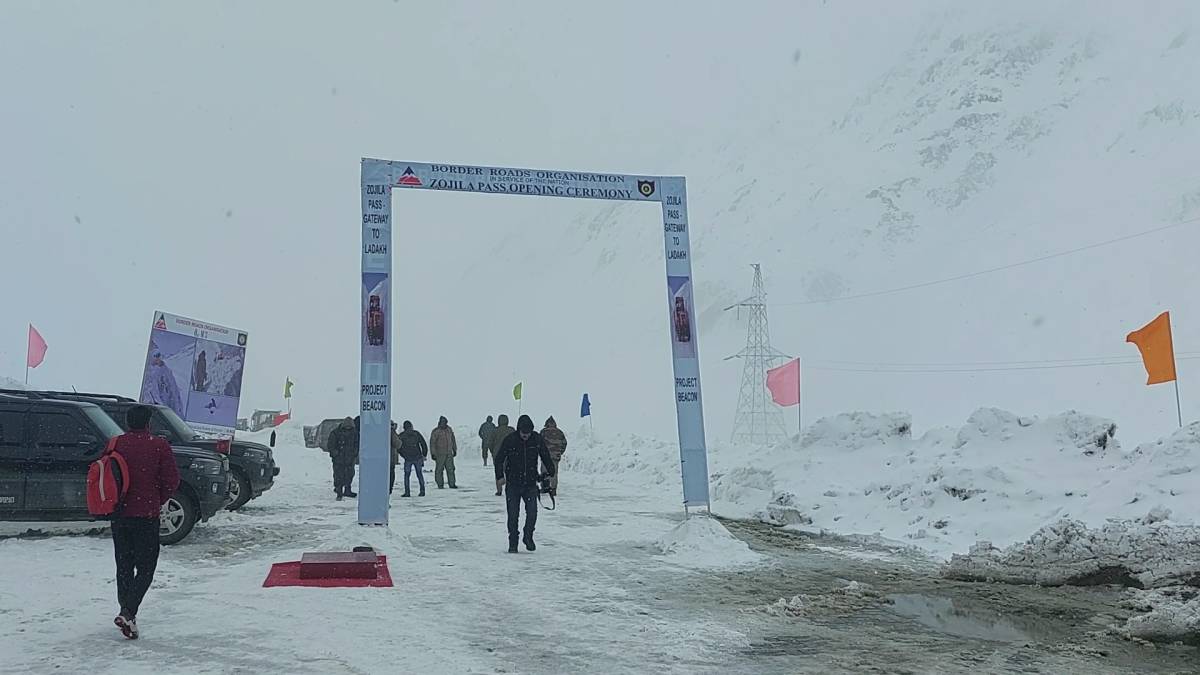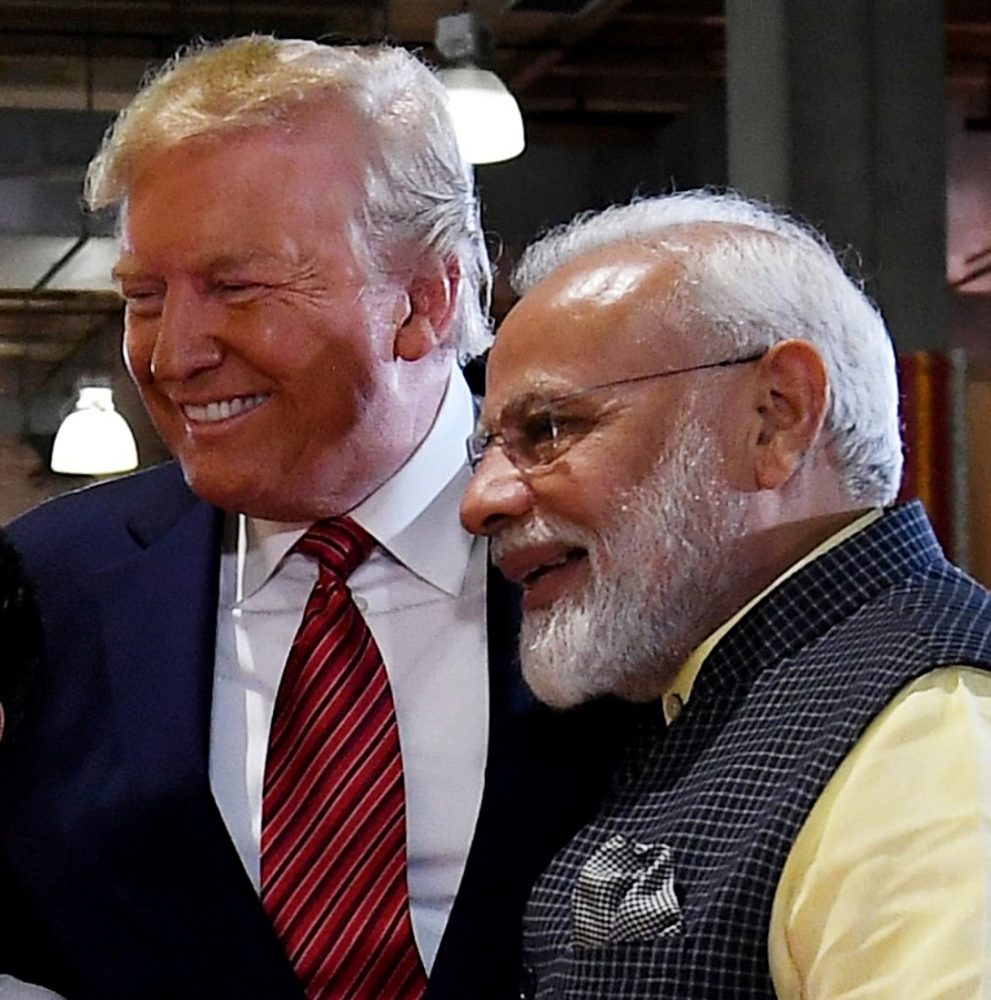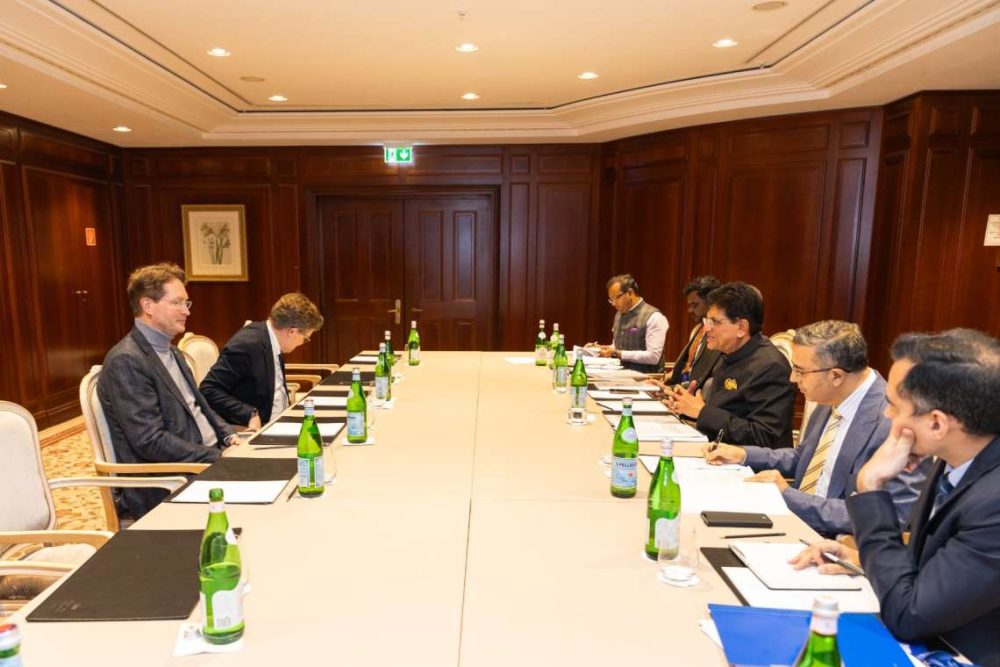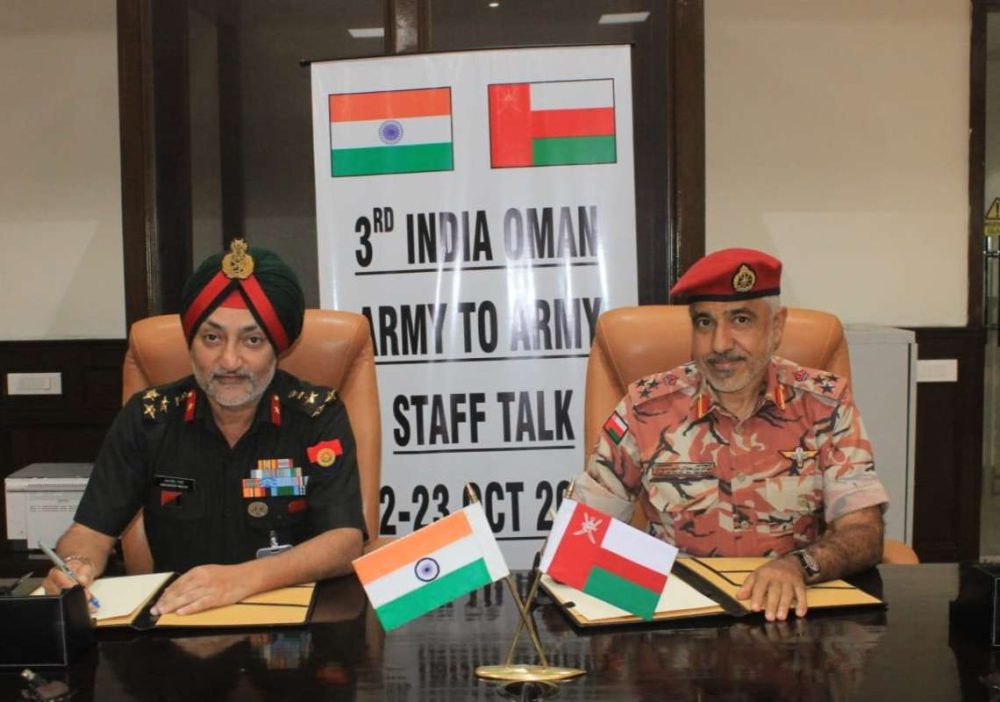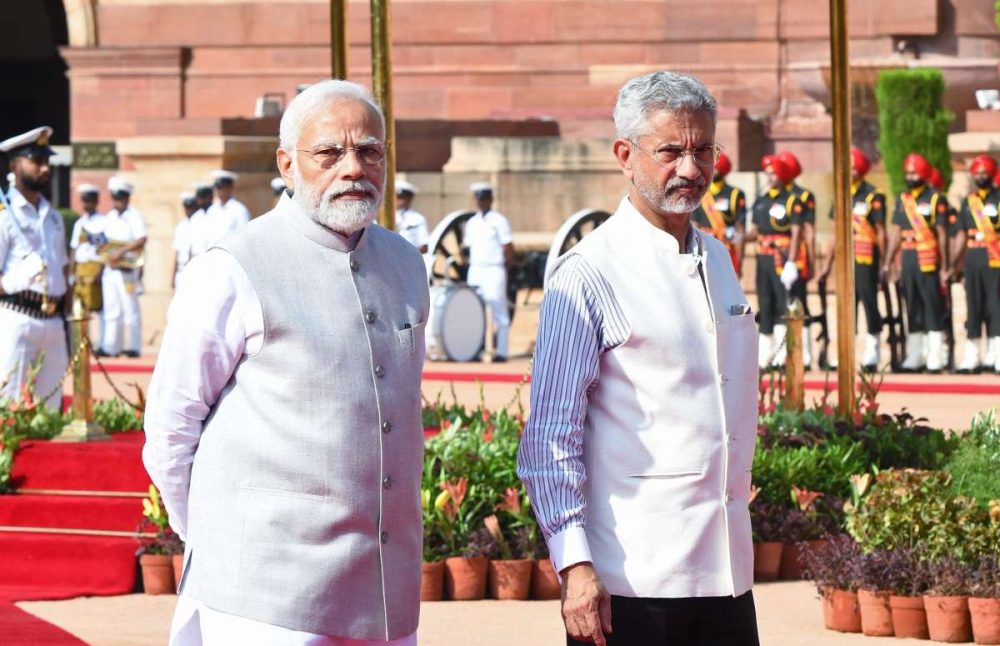CJI added that international arbitration is party-driven, has procedural flexibility, and involves domain experts…reports Asian Lite News
The Chief Justice of India, N.V. Ramana, said on Saturday that the globalised world demands embracing a dispute redressal mechanism that is acceptable and fair to everyone.
Ramana, who is on a visit to the UAE, was speaking at the fourth edition of the international conference on ‘Arbitration in the era of globalisation’ in Dubai.
“The globalised world demands embracing a dispute redressal mechanism that is acceptable and fair to everyone. Fairness demands a platform where both parties get an equal say in the resolution of their dispute. This is where international arbitration comes into play. Arbitration is the best-suited dispute resolution mechanism for the globalised world,” he said.
The CJI added that the international arbitration is party-driven, has procedural flexibility, and involves domain experts.
“Arbitration is a time-bound mechanism structured to deliver immediate relief. No one should be able to say about arbitration what an American jurist, Evelle Younger, said about traditional litigation, and I quote: ‘An incompetent lawyer can delay a trial for months or years. A competent lawyer can delay one even longer’.
“This brings me to the aspect of uniformity and stability in the dispute resolution process. Parties should be confident that an award rendered by a tribunal in one nation will be executable in another, without any hassle. To meet this goal, nations around the world have attempted to create effective structural mechanisms.
“Efforts were made to ensure that arbitration becomes a popular mode of dispute resolution. To increase the faith of parties on the arbitration framework of a nation, adequate statutory backing regarding enforcement of awards is necessary. Interim measures of protection are also important,” he said.
“We live in a closely-knit world. Yet, we continue to be sovereign nations, having our own independent legal regime. Each nation has to legislate keeping in view its past and socio-economic conditions. Different nations therefore regulate issues like intellectual property rights, taxation and tariffs, crypto currency etc. differently.
“Any and every effort to evolve a universally acceptable mechanism for dispute resolution must be alert to this reality. Harmonising diverse interests while trying to achieve a common goal is a huge challenge. It is in this context that conferences such as today’s will help us navigate the path smoothly,” the CJI said.
ALSO READ-Amit Shah reviews


